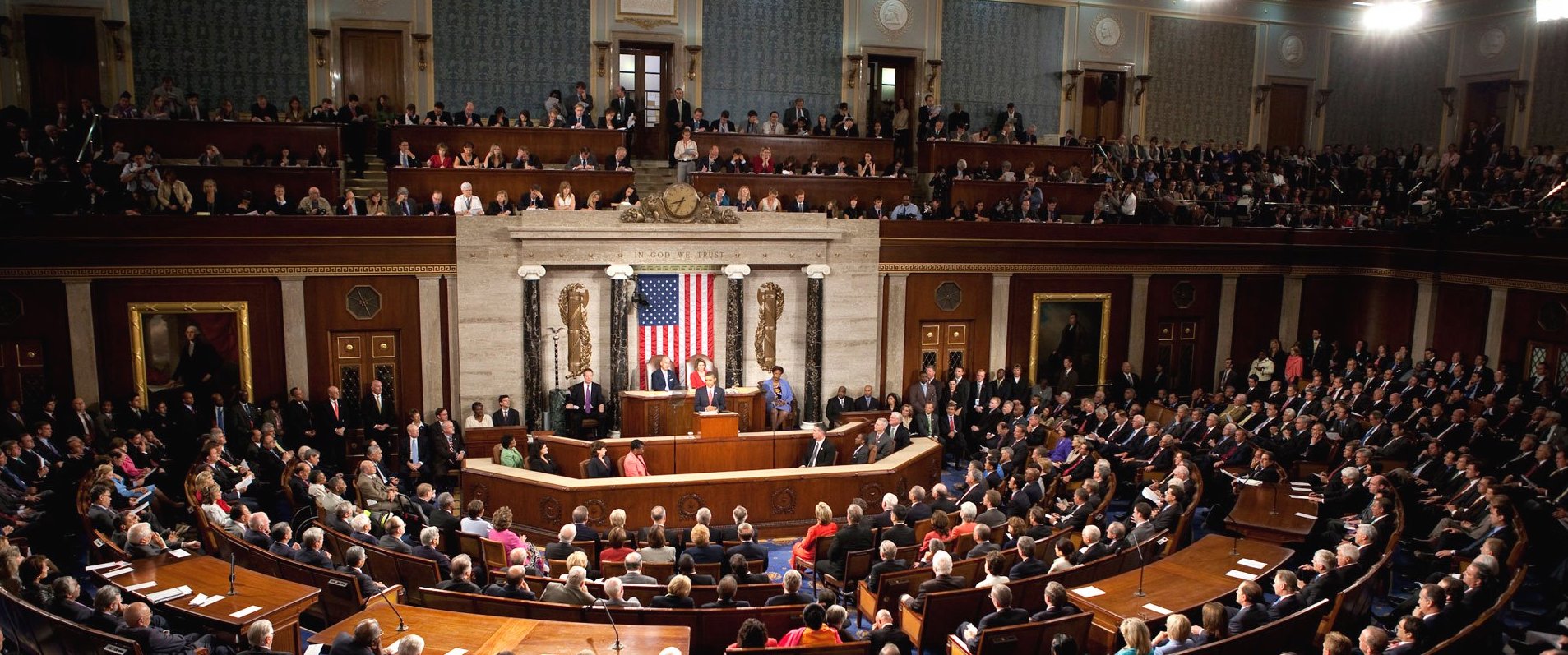Why We Need the Senate
The United States Senate in session (Image)
The 2018 midterm elections witnessed some of the most diverse and representative candidates in American history, most notably for the record number of women elected to the House of Representatives. Despite this seemingly changing tide in national politics, the Senate still stubbornly lags behind in diversity of composition and subsequently in representation of the voting public. The midterms made the House a much more representative body, but the Senate remains homogeneous — as of November 6th, the latter is still made up of mainly old white men. Moreover, the majority of Senators also represent smaller, relatively less populous states, often favoring rural communities. It is predicted that by the year 2040, 30 percent of the Senate will represent two-thirds of the United States population. The lack of fairness and democratic functionality in this arm of government raises the question: why do we need the Senate? While diverse urbanites might welcome the opportunity to criticize it, the Senate still, despite its makeup, serves the vital democratic function of providing a substantial voice to marginalized communities.
Despite its clear issues with descriptive representation, the Senate is vital for the American political system because it offers a voice to smaller states whose needs would usually be ignored. Originally, the Senate was designated an elite group of civil officials appointed by the state legislatures. Such a body was meant to provide every state with equal representation, ensuring that the interests of smaller states would not be drowned out by the large, populous, typically more commercial states. Upon the passage of the 17th Amendment, however, the Senate ceded these initial functions. The direct elections of the Senate changed who it represented. Instead of representing the state elites, the Senate became elected by the people, and thus the responsibility shifted from equally representing the wealthy and powerful from each state to equally representing the people of each state, regardless of their proximity to the capital. Still, the Senate remained unrepresentative of the whole of America.
Although it is easy to take the abundance of old white men as an indicator of a body that does not work for Americans, in reality this shift to an elected Senate pushed it into the responsibility of representing rural America. While 70 percent of the Senate will represent one-third of the population, it is undoubtedly this conglomerate that is overlooked the most, despite their constitutional right to governmental representation and undeniable importance to the functioning of America. The issues rural Americans living in small towns and farming communities face are far different than those of urban Americans. Senators who come from rural states ensure that these issues are not ignored in any decision-making process. For example, in the recent farm bill, the Senate bill added subsidies that were more favorable to small, family-owned farms. This was in direct contrast to the House bill, which favored larger, more centralized farms under the control of urban companies. If Congress only consisted of the House of Representatives, then only the issues of large urban communities would ever be confronted. The Senate maintains a balance, accepting overrepresentation of some communities to ensure that they are represented at all. The preservation of the Senate is a lifeline for the thousands of small communities which rely on this even playing field to be enfranchised within national politics.
As Democrats in Congress become more diverse and representative, they will benefit from the House’s representation by population. Still, I recognize the importance of having a body which addresses the issues of other forgotten populations. We must be wary of a tyranny of the majority which would certainly ensue if the House stood alone. As the rural-urban divide continues to pervade the United States, and the rural contingent gets smaller, it is vital to make sure that rural issues still have a place of prominence in United States politics. A functioning nation cannot only function for some, and without a healthy rural America, the rest of the nation perishes. Urban Americans questioning the necessity of the Senate ought to know that even if its expressly-stated goal is not their representation, it does raise into power a group of people who would often be unfairly ignored otherwise.

